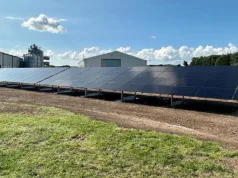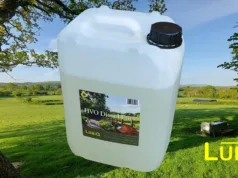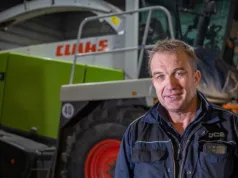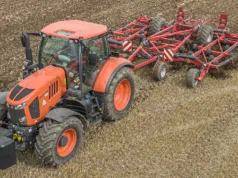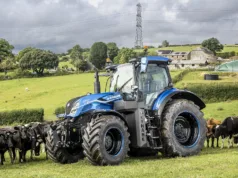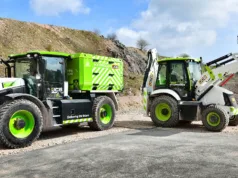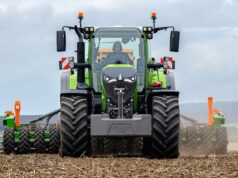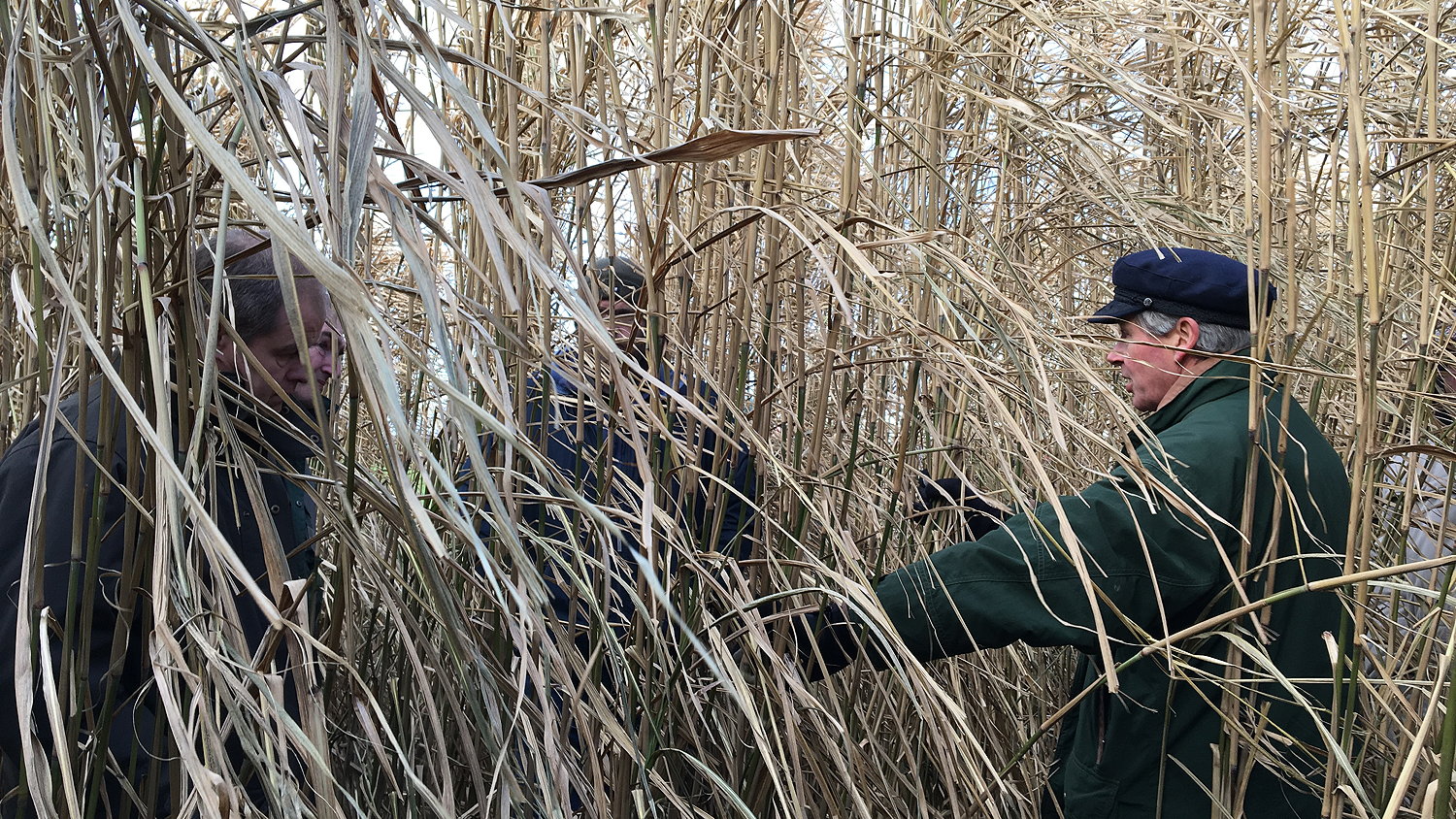
Soil, water and air quality recovery were discussed alongside carbon trading at two miscanthus farm walks near Louth, Lincolnshire, in January and February 2022.
The events, co-hosted by Anglian Water and miscanthus specialist Terravesta, looked at practical steps for farmers to benefit wildlife and profit from nature recovery, with an additional focus on carbon trading from carbon standard pioneer Agreena.
Through new government schemes, including the Landscape Recovery Scheme, the Sustainable Farming Incentive and Local Nature Recovery, long-term, large-scale and ecosystem recovery projects will be put in place across the UK, and this event will provide farmers with information on specific aspects of natural capital management.
The low-input carbon-negative crop miscanthus is hailed as a robust diversification option for an arable or mixed enterprise, and has proven benefits to soil restoration and fertility, increasing soil carbon and organic matter naturally, restoring soil life, and slowing flooding, thereby preventing runoff and sedimentation into critical waterways.
“The first dedicated, independent, peer-reviewed study into the miscanthus carbon life cycle shows that the crop is net carbon negative, capturing net 2.35t CO2/ha/yr in the soil at the very least,” Terravesta chief operating officer Alex Robinson says.
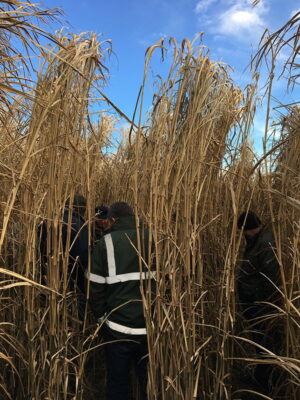
Anglian Water’s senior agronomy advisor, Richard Reynolds, said Miscanthus can benefit water quality.
“I believe that Miscanthus can offer farmers a useful and cost-effective long-term crop which mitigate the water quality risks we see – including nutrient and pesticide loss, and soil erosion,” he added. “Anglian Water believes that Miscanthus has a role to plan in many farm rotations and compares well in the long term to other biofuel crops.”
The host of the walks was arable farmer Peter Strawson, who grows 34ha of Terravesta Athena miscanthus on his outlying land.
“The miscanthus is on good quality land, but it’s outlying, meaning the combine and so on has to be moved a long way, so it’s not practical or cost-effective to grow cereals on it,” he said. “The agricultural sector is hopelessly uncertain, and with miscanthus you have some most welcome long-term assurance.
“Generally, Miscanthus takes care of itself after its establishment and you don’t have to supervise or cultivate it. You don’t need sophisticated machinery to harvest it and local contractors are experienced with the crop.”


